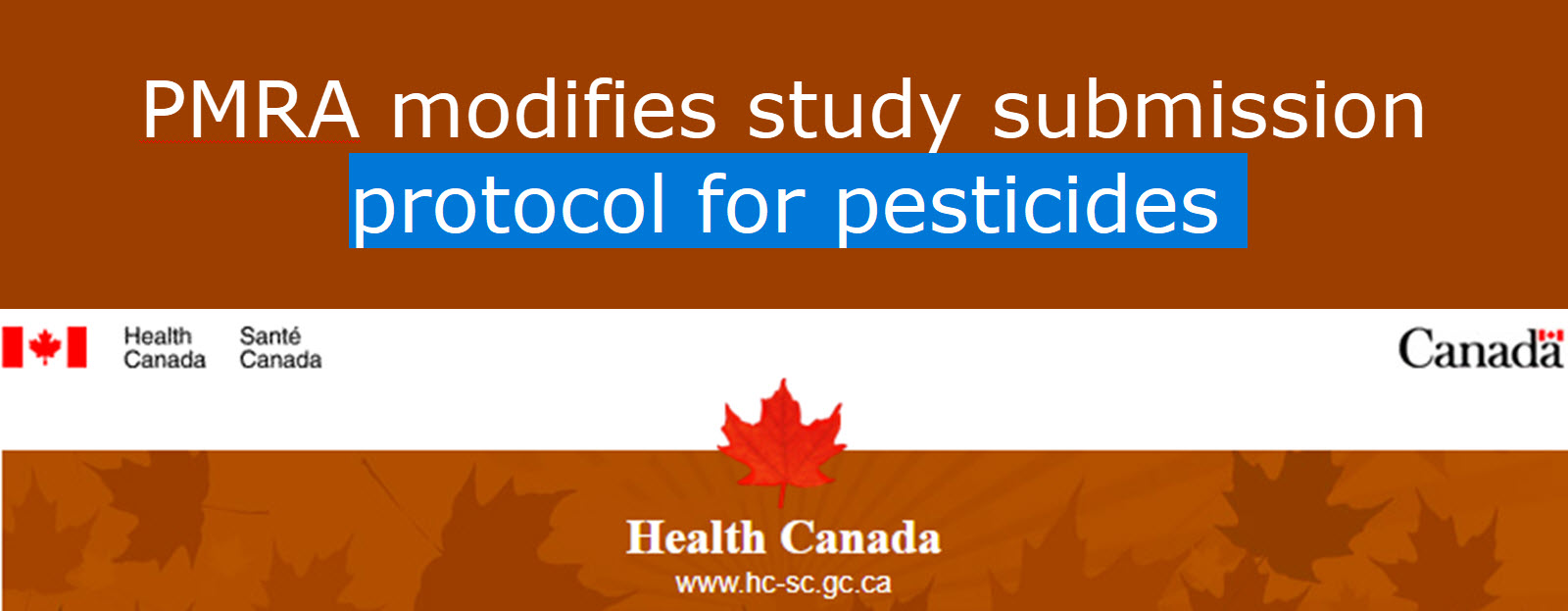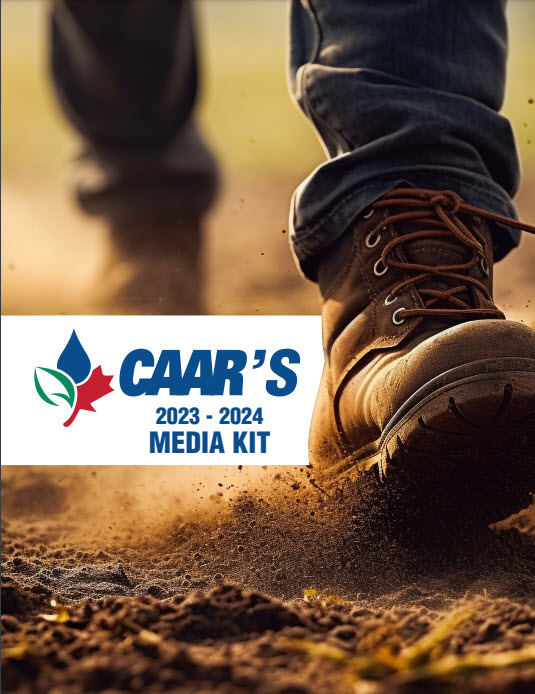The PMRA announced that it has unveiled a new tiered approach for higher priority pesticide re-evaluations, altering previous executive summary requirements for study submissions.
The Pest Management Regulatory Agency (PMRA) is once again adapting its policies, it says the changes are to optimize the management processes.
Previously, under the Management of Pesticides Re-evaluation Policy (DIR2016-04), PMRA necessitated registrants to submit a list of study titles concerning their active ingredients during a re-evaluation phase.
This helped them pinpoint the required data for review. By 2021, there was an addition: accompanying each study title, registrants had to provide an executive summary (essentially a study abstract) when a higher priority re-evaluation was underway.
But change is in the air! Starting from the 2023-24 fiscal year, the PMRA is tweaking its approach. No longer will they need executive summaries within the initial 90 days of a re-evaluation initiation. Instead, here's the new roadmap:
PMRA will give a "courtesy head's up" to registrants even before a re-evaluation kicks off.
Once the re-evaluation process begins, within a month, registrants need to provide their study lists. But, there's a catch. They must stick to the updated data list template which requires full study titles aligned with PMRA’s data codes (DACOs). If not, a 15-day window is granted for re-submission.
PMRA will then dive deep into the data list, scoping out and establishing the necessary data requirements. If they feel the need for an executive summary for specific studies, they'll reach out. Registrants will then have 60 days to provide these summaries.
The overarching aim? Streamlining the data-call-in process, ensuring greater efficiencies, and keeping every stakeholder in the loop.
PMRA says that it remains open to further refinements to this approach. For any queries or clarification, the PMRA Information Service remains your best point of contact.
Related Articles
- Precision Technology for Fertilizer Mixing & Blending Precision agriculture is everywhere, even in fertilizer mixing and blending systems, where automated systems and software-based systems are quickly becoming a crucial element to the industry. (Sponsored Content) N...
- Will South American crops survive? Even with the flag of Brazil covered in soybeans, the dryness experienced within the Amazon rainforest is having a negative affect on the country’s corn and soy yield. By Colin McNaughton, Farms.com Risk Managemen...
- Perception gaps exist between farmers and consumers Research by Nutrien identifies key differences and similarities in agricultural views between farmers and North American consumers. In recent research by Nutrien Ltd, "Bridging the Agricultural Perception Divide,"...
- 18 action steps for farmer aid proposed by CFA Canadian agriculture is at a crossroads with rising operational costs and regulatory challenges threatening the industry's financial and mental health. The Canadian Federation of Agriculture (CFA) has identified 1...
- Canada launches $12M methane reduction challenge Agriculture and Agri-Food Canada introduces a challenge to reduce methane emissions in cattle farming. Agriculture and Agri-Food Canada has announced the Agricultural Methane Reduction Challenge. This initiative, ...
 How to resolve AdBlock issue?
How to resolve AdBlock issue? 


Join the discussion...
You must be logged in as a CAAR member to comment.
Report
My comments